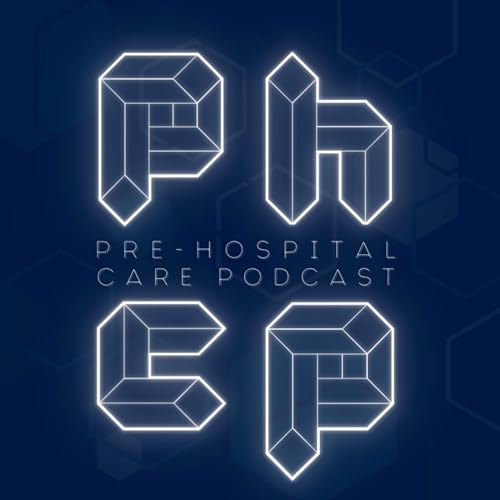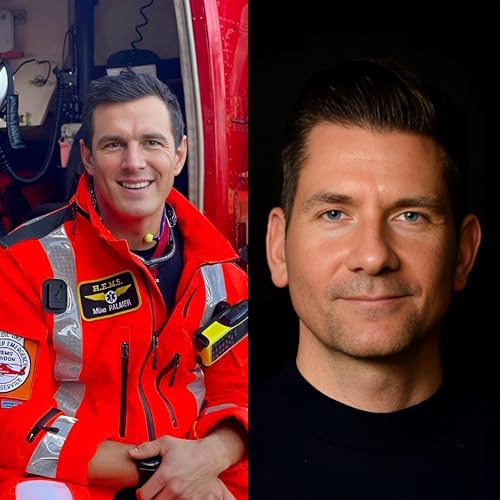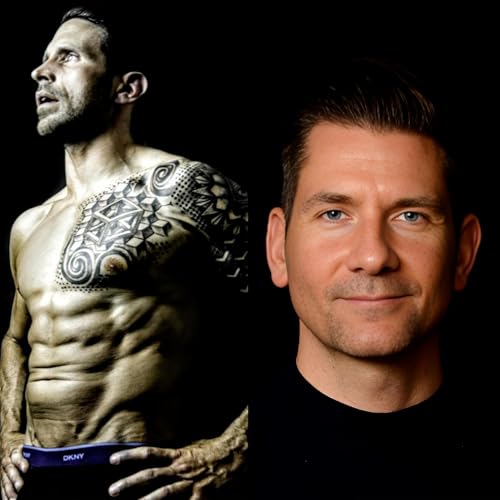In this special series, we’re bringing insightful and thought-provoking blog posts to life in audio form, exploring the human side of pre-hospital and emergency care. Today’s piece reflects on Esprit de Corps, the pride, loyalty, and belonging that exists within high-performing teams, and how it is built, tested, and lived out in some of the most demanding environments.
Wayne Auton reflects on a career spent in small, high-performing teams, from the Royal Marines to Search and Rescue to the Emergency Medical Retrieval Service (EMRS) in Scotland. Across these roles, one constant has been trust: the ability to rely on teammates, get the job done, and know that everyone has each other’s backs.
When asked recently about Esprit de Corps, it prompted reflection. Often associated with the military, it is more broadly defined as “a feeling of pride and mutual loyalty shared by the members of a group.” For the author, it is about belonging.
As a Royal Marine, that sense of belonging was immediate. From day one of training, recruits inherit over 350 years of history and pride. The Corps was more than a job; it was a culture and a way of life. Paradoxically, it also provided psychological safety, acceptance, trust, and respect within a close-knit family.
These bonds often form in vulnerability, particularly under threat. Research shows such conditions can strengthen Esprit de Corps across dangerous professions. The author recalls a helicopter mission where a suspected tail rotor failure forced the crew into emergency decision-making. They landed safely, closer than ever. That experience captured the essence of Esprit de Corps: resilience, unity, and unshakable trust forged in challenge.
You can read the blog post here: https://wayneauton.blogspot.com/2021/03/espirit-de-corps.html
This episode is sponsored by PAX: The gold standard in emergency response bags.
When you’re working under pressure, your kit needs to be dependable, tough, and intuitive. That’s exactly what you get with PAX. Every bag is handcrafted by expert tailors who understand the demands of pre-hospital care. From the high-tech, skin-friendly, and environmentally responsible materials to the cutting-edge welding process that reduces seams and makes cleaning easier, PAX puts performance first. They’ve partnered with 3M to perfect reflective surfaces for better visibility, and the bright grey interior makes finding gear fast and effortless, even in low light. With over 200 designs, PAX bags are made to suit your role, needs, and environment. And thanks to their modular system, many bags work seamlessly together, no matter the setup.
PAX doesn’t chase trends. Their designs stay consistent, so once you know one, you know them all. And if your bag ever takes a beating? Their in-house repair team will bring it back to life.PAX – built to perform, made to last.
Learn more at https://www.pax-bags.com/en/
 25 m
25 m 51 m
51 m 18 m
18 m
 21 m
21 m Aug 25 202540 m
Aug 25 202540 m 24 m
24 m 30 m
30 m
